Croatia starts building disputed Adriatic bridge
Croatia started building a coastal bridge in the southern Adriatic Wednesday despite protests from Bosnia.
Thursday, 25.10.2007.
13:28

Croatia started building a coastal bridge in the southern Adriatic Wednesday despite protests from Bosnia. Sarajevo has threatened to launch a lawsuit to stop it, Reuters says. Croatia starts building disputed Adriatic bridge The bridge is meant to link the southern city of Dubrovnik with the rest of Croatia and bypass a small sliver of the coast that belongs to Bosnia. Croatia controls most of the eastern side of the Adriatic but drivers on its scenic coastal road face two customs and border controls while passing through Bosnia's 12-km stretch of territory. Bosnia wanted to determine the sea border of the two former Yugoslav republics before the bridge project started. "Bosnia is not opposed to Croatia's sovereign right to link parts of its territory but this cannot be done in a way that violates Bosnia's rights and interests," said a statement from the Muslim member of Bosnia's three-man presidency, Haris Silajdzic, issued in Sarajevo on Wednesday. "The foreign ministry has informed the Croatian embassy that Bosnia keeps the right to launch a suit before an international court or arbitration body." Serb and Croat members of the presidency also disapprove of the bridge. The Croat representative, Zeljko Komsic, said "serious talks about borders and the bridge should start only after (Croatia's) elections". Croatian Prime Minister Ivo Sanader, whose conservative government faces a national election on November 25, dismissed Bosnia's claims. "Croatia has respected Bosnia's right to have access to their waters...and we are building the bridge on Croatian territory," Sanader said. The construction of the 2.4 km bridge is estimated to last 4 years and cost some 2 billion kuna (USD 390mn). Croatia's main opposition party, the Social Democrats, opposes the project and said it should wait until the country - whose foreign debt has surpassed 30 billion euros (USD 42.67bn) or 85 percent of its GDP - is better off. President Stjepan Mesic also urged the government to rethink. "The worst and the most costly thing would be to start building and then stop, because of a legal dispute. That's what I am afraid of," he said.
Croatia starts building disputed Adriatic bridge
The bridge is meant to link the southern city of Dubrovnik with the rest of Croatia and bypass a small sliver of the coast that belongs to Bosnia.Croatia controls most of the eastern side of the Adriatic but drivers on its scenic coastal road face two customs and border controls while passing through Bosnia's 12-km stretch of territory.
Bosnia wanted to determine the sea border of the two former Yugoslav republics before the bridge project started.
"Bosnia is not opposed to Croatia's sovereign right to link parts of its territory but this cannot be done in a way that violates Bosnia's rights and interests," said a statement from the Muslim member of Bosnia's three-man presidency, Haris Silajdžić, issued in Sarajevo on Wednesday.
"The foreign ministry has informed the Croatian embassy that Bosnia keeps the right to launch a suit before an international court or arbitration body."
Serb and Croat members of the presidency also disapprove of the bridge. The Croat representative, Zeljko Komšić, said "serious talks about borders and the bridge should start only after (Croatia's) elections".
Croatian Prime Minister Ivo Sanader, whose conservative government faces a national election on November 25, dismissed Bosnia's claims.
"Croatia has respected Bosnia's right to have access to their waters...and we are building the bridge on Croatian territory," Sanader said.
The construction of the 2.4 km bridge is estimated to last 4 years and cost some 2 billion kuna (USD 390mn).
Croatia's main opposition party, the Social Democrats, opposes the project and said it should wait until the country - whose foreign debt has surpassed 30 billion euros (USD 42.67bn) or 85 percent of its GDP - is better off.
President Stjepan Mesić also urged the government to rethink.
"The worst and the most costly thing would be to start building and then stop, because of a legal dispute. That's what I am afraid of," he said.










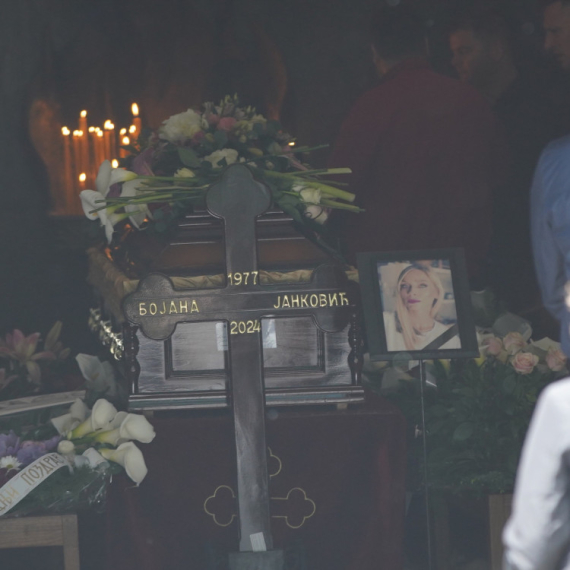

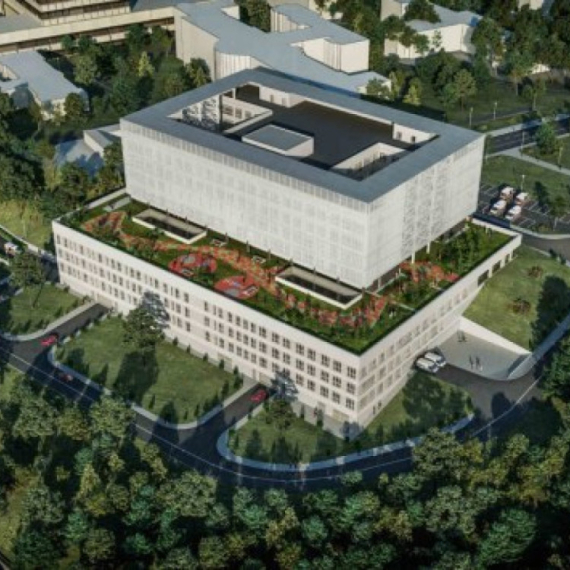
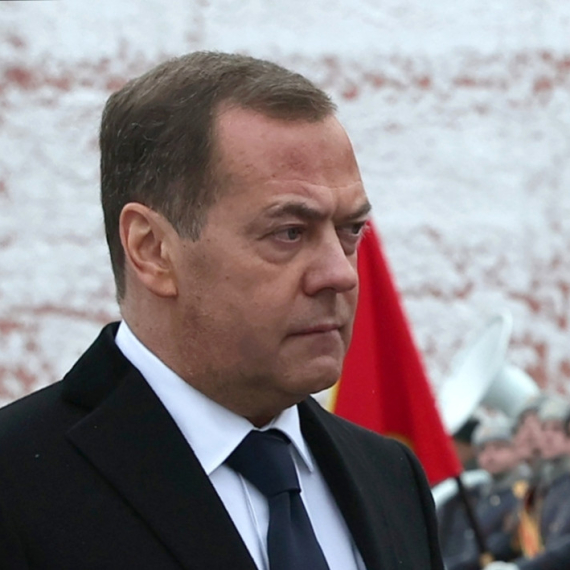

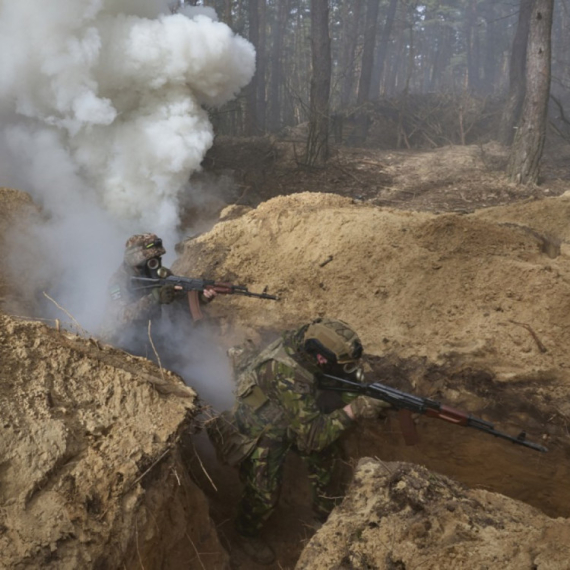
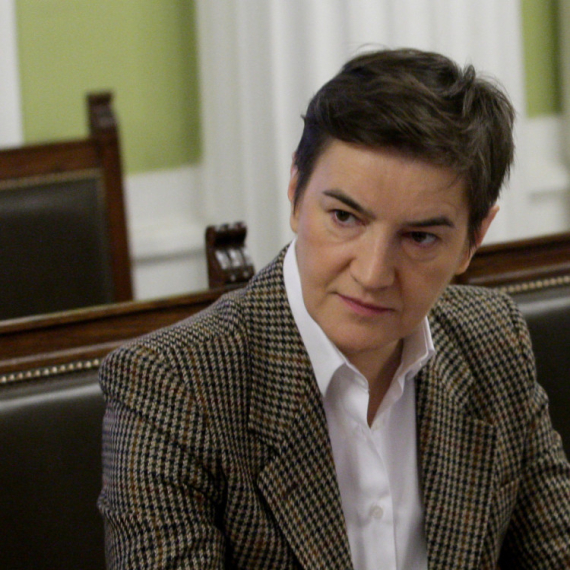
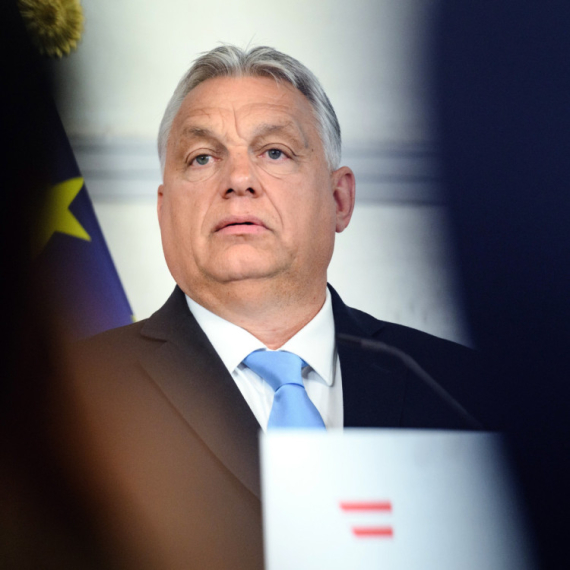


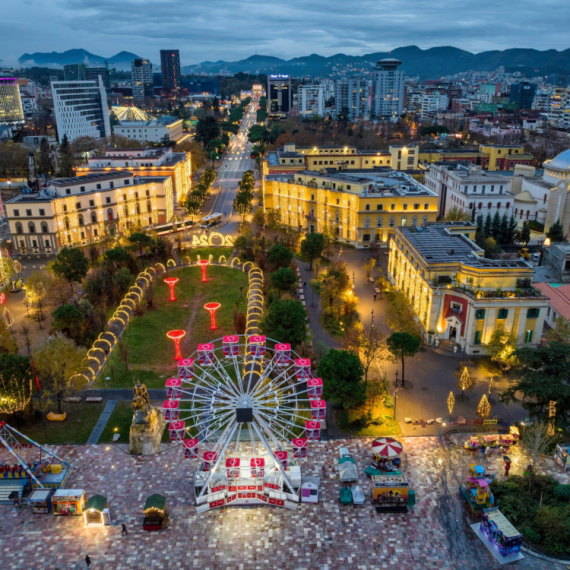




























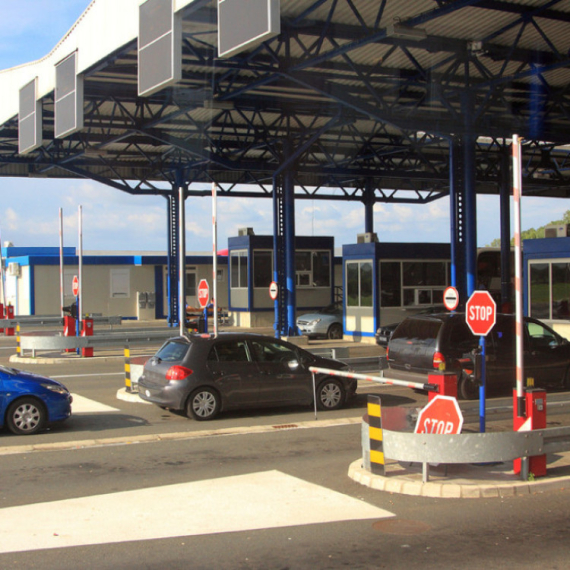

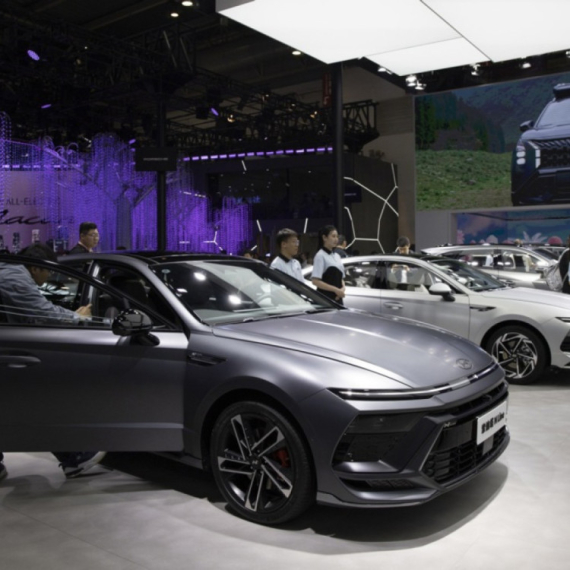




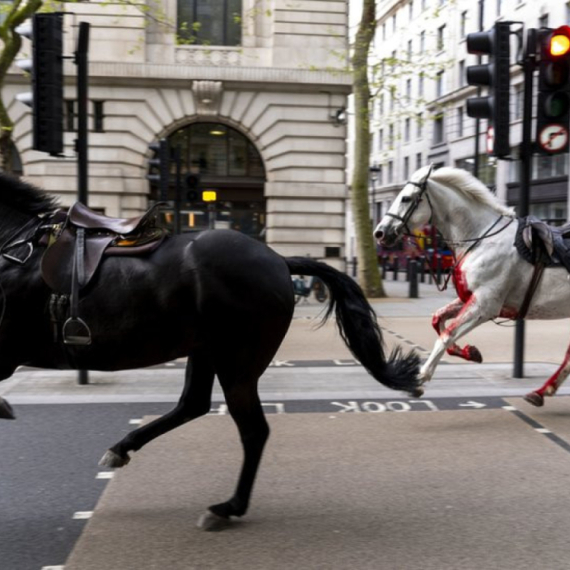

Komentari 4
Pogledaj komentare